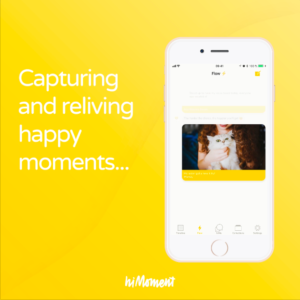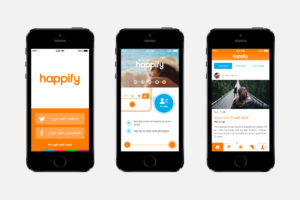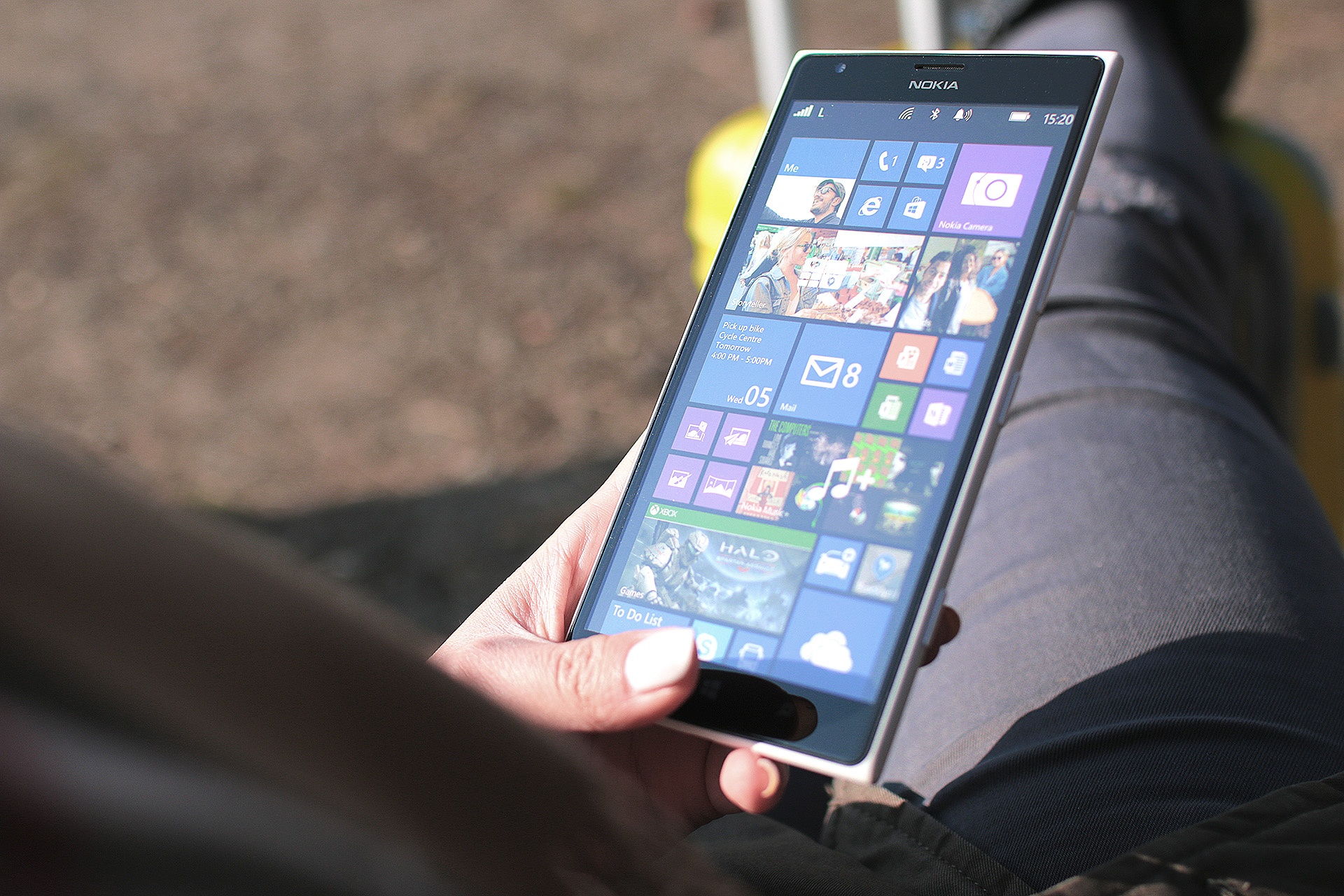Workplace stress has been described as the “global health epidemic of the 21st Century”. Today the ability to effectively manage stressful moments is an essential skill for all progressive and stressful workplaces. However, with the weight of busy schedules and full time jobs, personal development and self-care tasks tend to get pushed further down the priority list.
Managing stress is a skill that everyone has to develop. Fortunately, like for most things today; “there is an app for that”. Three apps that I personally find helpful for managing everyday stress and resilience are; Hi Moment, Happify and Headspace. All three are available on IOS, Android and desktop.
I chose these three, because they use cognitive behavioural therapy (CBT) method which helps the user to modify thinking patterns and patterns of behaviour. These apps do this through positive and gamified repetition. The use of CBT in apps is proven to boost mental health and address depression and anxiety.
 I didn’t have to go far to find the first app Hi Moment. HiMoment was developed by a team here in Austria with a philosophy that “happiness is like a muscle; it needs to be trained”. You can sync Hi Moments with your mobile or desktop so It gathers all your happy moments in once place. It keeps track of all information entered and sequentially builds a collection of your happiest topics. Using the push notification option you will receive daily tips and moments that help you achieve your goals and of course feel happier.
I didn’t have to go far to find the first app Hi Moment. HiMoment was developed by a team here in Austria with a philosophy that “happiness is like a muscle; it needs to be trained”. You can sync Hi Moments with your mobile or desktop so It gathers all your happy moments in once place. It keeps track of all information entered and sequentially builds a collection of your happiest topics. Using the push notification option you will receive daily tips and moments that help you achieve your goals and of course feel happier.
App number two is Happify. Happify is a science based brain-training app which helps users to modify old patterns of negative thoughts and measures the difference in their happiness, resilience and emotional wellbeing over time. I loved this app for its simplicity, activities and mostly because compared to the majority of other behavioural assessments, Happify focuses on the user’s positive characteristics rather than their negative. 
To get the best from this app and avail of any extra add on activities or games you are required to pay a monthly subscription fee.
The third app is Headspace. If you don’t use headspace already, I highly recommend that you get on board this cruise ship to optimal personal development. Putting aside 10 minutes of your day you will learn how to meditate with fun, guided sessions and animations. These mindfulness techniques will help you sail through the different areas and stresses of your life.
I invite you to try out my personal favourite apps that help me to better manage stress and resilience. I’d love to hear what apps help you manage the unavoidable stresses of today’s working life.
Regards,
Lisa





 I didn’t have to go far to find the first app
I didn’t have to go far to find the first app 
